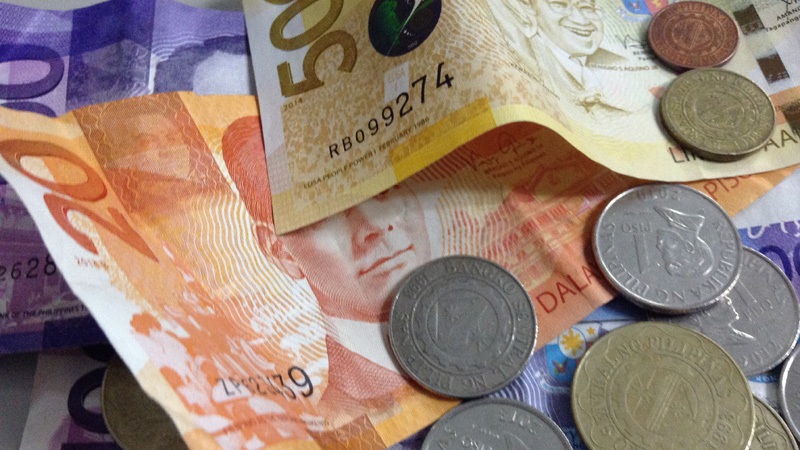
In a presentation at a tax reform forum organized by the Financial Executives Institute of the Philippines last week, Finance Undersecretary Karl Kendrick T. Chua said the DOF was looking at giving away unconditional cash transfers of P200-500 per month to fully protect the poorest 50 percent of the population from a looming increase in fuel prices once Congress approves higher excise under the proposed tax policy reform program. Higher fuel prices are expected to also jack up transportation costs as well as prices of basic goods and services.
As for the working and commuting class, they would be protected through cash cards and discounts they could use when riding public utility vehicles, said Chua, who is also the DOF’s chief economist.
The middle class, meanwhile, would get to offset the higher fuel costs via the lower personal income tax they would soon be enjoying, according to Chua.
From four main packages initially, the Duterte administration’s tax policy reform program would now have six packages. A bill for the first one was already submitted to both houses of Congress last month.
The first of the six tax policy packages would adjust tax brackets to correct “income creeping”; reduce the maximum personal income tax rate to 25 percent over time, save for the “ultra-rich” who would be slapped a higher 35 percent; and shift to a simpler modified gross system.
As lower personal income taxes would result in foregone revenues estimated at P180.3 billion by 2019, the DOF plans to offset this by collecting P377.3 billion via an increase in the excise slapped on all oil products and indexing them to inflation; expanding the value-added tax (VAT) base by limiting exemptions to raw food, education and health products and services; as well as jacking up excise on automobiles.
The government stands to generate a net revenue gain of P197 billion from the first package by 2019.
Based on the DOF’s computations, those considered subsistence poor, poor and near poor would lose P489-883 from their annual take home pay by 2019 once the higher oil excise tax and reduced VAT exemptions take effect.
Informal and minimum wage workers, meanwhile, are expected to lose P192-409 a year.
Chief executives and top taxpayers belonging to the ultra-rich would lose bigger amounts, ranging from over P76,000 to more than P2.1 million annually.
Above minimum wage workers, professionals, the middle class and executives stand to gain from the lower income taxes despite higher levy to be slapped on consumption, as they would take home an additional pay of between P3,000 and P86,125 per year.
The first package of the tax policy reform program would also include tax administration reform measures, including legislation to relax the bank secrecy laws for tax fraud cases, as well as including tax evasion as a predicate crime to money laundering.
The second package, which the DOF had said would likely be introduced in 2018 or after the Sin Tax Reform Law matures next year, would levy taxes indexed to inflation on sweetened drinks, as well as further hike the excise tax slapped on alcohol and tobacco products.

